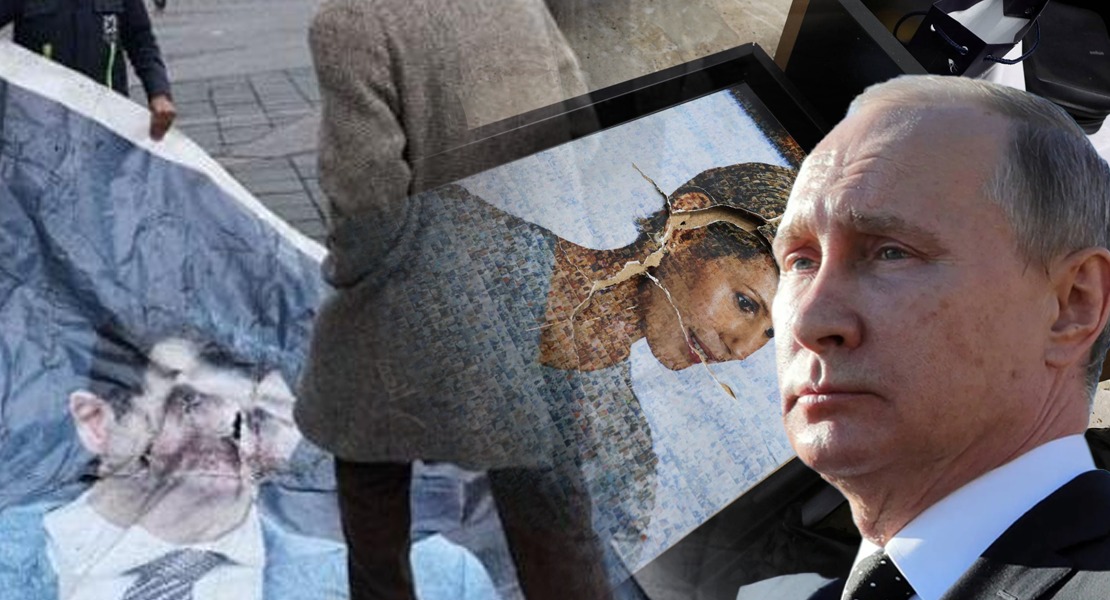Putin did not respond… and the names of half the president!
January 6, 2025

The former director of the Syrian Presidency’s Political and Media Office, Kamel Saqr, spoke about the details of the last period of the rule of former President Bashar al-Assad, and revealed secrets surrounding the moments before his departure for Moscow. Among these secrets is that Russian President Vladimir Putin ignored Assad’s attempts to contact him for three consecutive days, which alarmed Assad and reinforced his feeling of isolation.
In an interview with the “Damascus Time” podcast, affiliated with the “Al Arabiya” channel, Saqr said: “Al-Assad tried to contact Putin over the course of Tuesday, Wednesday, and Thursday, to no avail, before dawn on Sunday, December 9, the day his rule fell.” He added: “When Assad asked to contact Putin for the third time, the response came from his envoy Alexander Lavrentiev that President Putin is in Belarus and cannot speak.”
Saqr confirmed that this response “was not convincing,” as he pointed out that heads of state usually maintain a permanent emergency communications team. These events coincided with the opposition factions taking control of the city of Homs, which increased pressure on Assad.
Postponing the Moscow meeting and missing Iranian aid
Saqr recounted the details of the last meeting between Assad and Putin at the end of November, which was supposed to discuss Assad’s request for Russian military support and make room for Iranian aid. Saqr said: “Assad arrived in Moscow on Wednesday, and was scheduled to meet Putin on Friday, but the meeting was postponed several times until it was held in the evening.”
However, Saqr said, “Putin did not provide the expected support to Assad, as Moscow refused to provide military facilities to the Iranians through the Hmeimim base.” The Iranians themselves informed Assad that their planes were threatened with bombing by the Americans while trying to cross Iraqi airspace.”
Arab pressure and Iranian retreat
Saqr revealed the escalation of Arab pressure on Syria during that period, noting that “the Syrian-Arab rapprochement was at the expense of the relationship with Iran, which created tension between Assad and his traditional allies.” He added, “Hezbollah received strong blows, and Iranian forces began to gradually reduce their presence in Syria.”
Asma al-Assad… “half a president”
Saqr also spoke about the role of Asma al-Akhras, Assad’s wife, during that period, describing her as “half a president.” He said: “Asma had a great influence on Bashar al-Assad, and formed an essential part of decision-making, including political and economic files.”
Saqr explained that Al-Assad trusted Russia more than Iran, but in the last moments he realized that Russian support was no longer what it was. As for the Iranians, they were more concerned with protecting their regional interests, which left Assad alone in facing major political and military changes.









